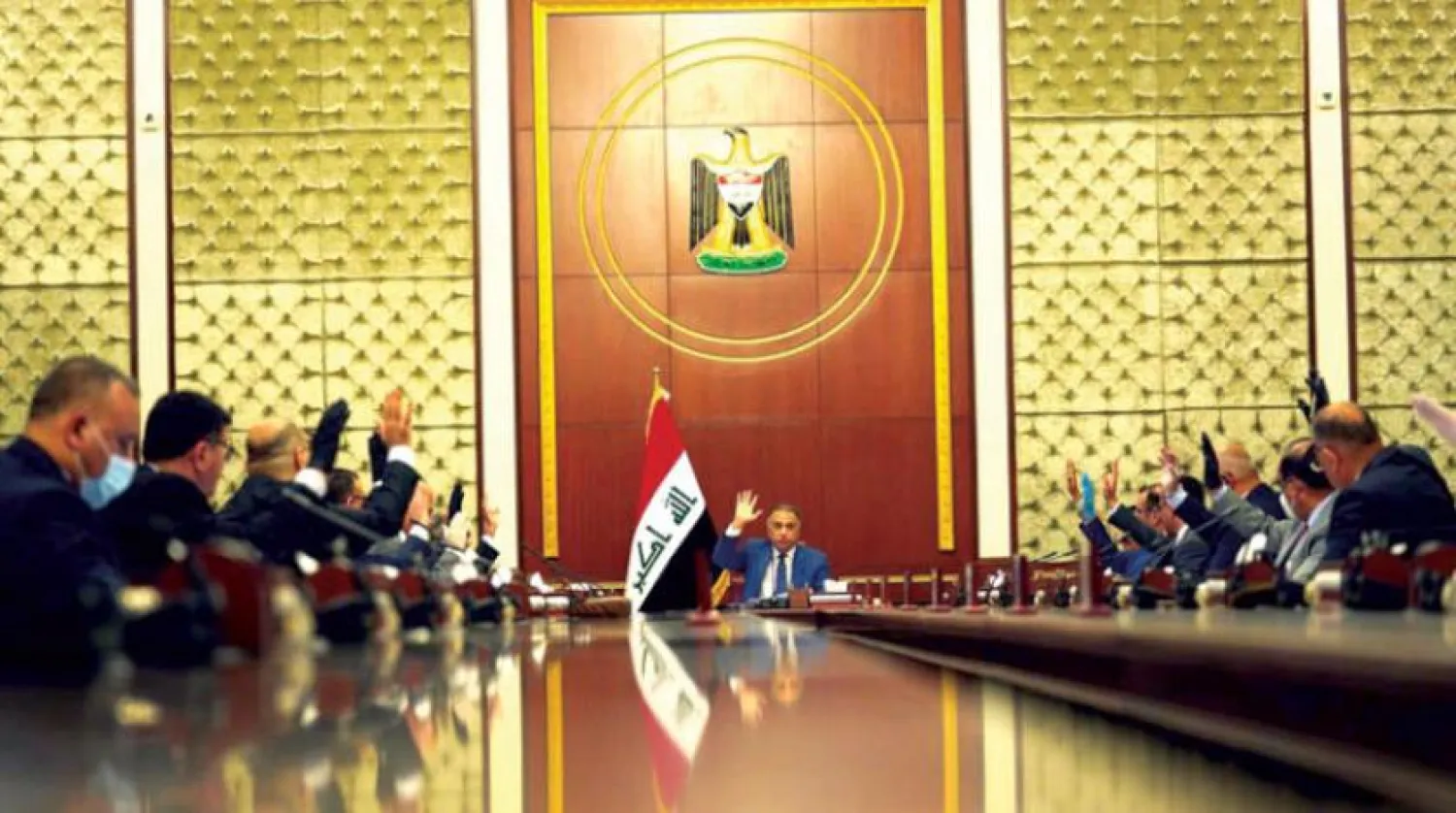Iraqi political blocs have resumed their battle over the seven vacant government portfolios, in the wake of a complaint by Prime Minister Mustafa Al-Kadhimi of blocs claiming positions unlike where they really stand.
Two weeks ago, Kadhimi had gained parliament confidence with a government formed of 22 portfolios, 15 of which had been assigned while seven remain vacant because of political dispute.
This comes despite Kadhimi’s government being established based on his choosing of ministers and later presenting them to political blocs for a vote of confidence.
The parliament has refused five of Kadhimi’s ministerial candidates for several reasons, forcing him to replace them with others. Because of political dispute, the oil and foreign ministries remain vacant.
Kurds had earned the right to the foreign ministry portfolio after having given up the finance ministry to the Shiites. They insist on appointing Fouad Hussein as foreign minister, but many Shiite blocs oppose the nomination.
As for the oil ministry, Kadhimi assigned it to Basra governorate, given it is one of the country’s top oil producing governorates. There are 49 candidates named to fill the portfolio, but it remains subject to political controversy.
Parliament’s Wisdom bloc, headed by Ammar al-Hakim, stresses that newly appointed ministers must be first timers.
“There is political consensus that Kadhimi’s government must not appoint ministers from Adil Abdul-Mahdi’s former cabinet,” Wisdom bloc MP Hassan Fadaam said in a statement on Wednesday.
He urged Kurds to respect that consensus when it comes to the oil and foreign ministries.
Fadaam clarified that “during government formation a proposal signed by 130 deputies and 15 governors was presented to Kadhimi for the purpose of keeping the former Minister of Planning Nuri al-Dulaimi in his position in the new government.”
Dulaimi was known for being a successful minister and managing the ministry with high professionalism.









